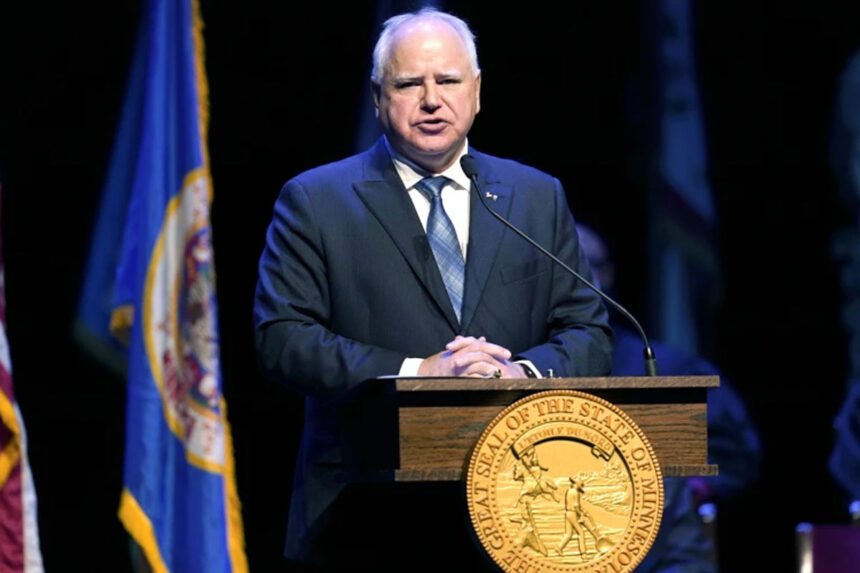On the cusp of a significant shift in its legal landscape, Minnesota has joined the growing number of states in the United States to legalize marijuana. Governor Tim Walz’s signature has inked the end of prohibition for cannabis in the North Star State, marking May 30, 2023, as a historic day. Starting from August 1, 2023, adults over the age of 21 can legally possess and use marijuana, while the full commercial market is expected to take shape within the next one to two years.
The Legislative Journey to Legalization
After much debate and the convergence of separate bills by the Minnesota Senate and House, a bicameral conference committee reconciled the differences, leading to the final legislative approval. The culmination of these efforts was the passing of the bill with notably close votes—73-57 in the House and a razor-thin 34-32 in the Senate. This legislative accomplishment mirrors a national trend towards embracing the legalization and decriminalization of cannabis.
The Road Ahead for Legal Sales and Cultivation
The approval of the bill is only the beginning. It is projected that it will take 12 to 18 months for the state to start issuing commercial cultivation and sales licenses. By March 1, 2025, existing medical cannabis businesses will be positioned to obtain combined medical and recreational licenses, setting the stage for a fully operational legal market.
Legalization Details and Provisions
Governor Walz has been a staunch advocate for legalization, and his administration has already taken proactive steps, including the launch of a website to educate Minnesotans about the new law. The specifics of the law allow for the possession and transport of up to two ounces of marijuana, eight grams of concentrates, and 800 milligrams of edibles in public spaces. At home, residents can possess up to two pounds of marijuana flower.
Moreover, the law permits individuals to cultivate up to eight plants, with a limit of four mature plants at any given time. A 10 percent tax on recreational cannabis products will be imposed at the point of sale, in addition to the state’s regular sales tax of 6.875 percent.
Social Justice and Economic Implications
One of the most impactful provisions of Minnesota’s legalization is the automatic expungement of criminal records for past cannabis offenses, which will commence in August. This move is seen as a significant step towards correcting the injustices of past drug policies that disproportionately affected minority communities.
The economic implications of legalization are also noteworthy. The introduction of a legal cannabis market is anticipated to generate substantial tax revenue for the state and create new business opportunities and jobs. The regulation and taxation of cannabis will also allow for better control and a potential reduction in illegal market activity.
Public Health and Safety Considerations
With legalization, there are valid concerns surrounding public health and safety. The state is expected to implement strict regulations regarding the sale and marketing of cannabis products to prevent underage use and ensure that products meet safety standards. Public education campaigns will be crucial in promoting responsible consumption and raising awareness about the risks associated with marijuana use.
National Context and the Future of Legalization
Minnesota’s move to legalize marijuana resonates with a broader national shift. As the 23rd state to legalize recreational marijuana, following closely after Delaware, Minnesota reflects the changing attitudes towards cannabis in the United States. This trend has sparked discussions at the federal level about the potential for nationwide reform.
